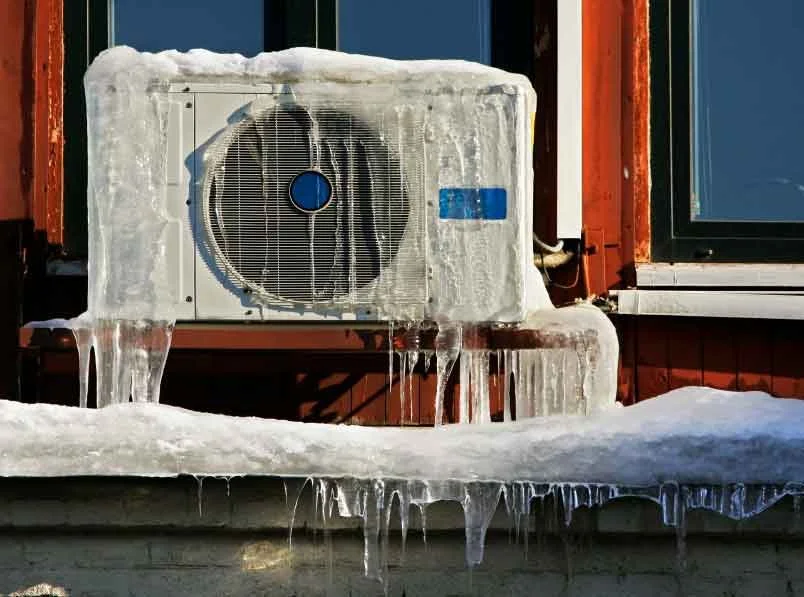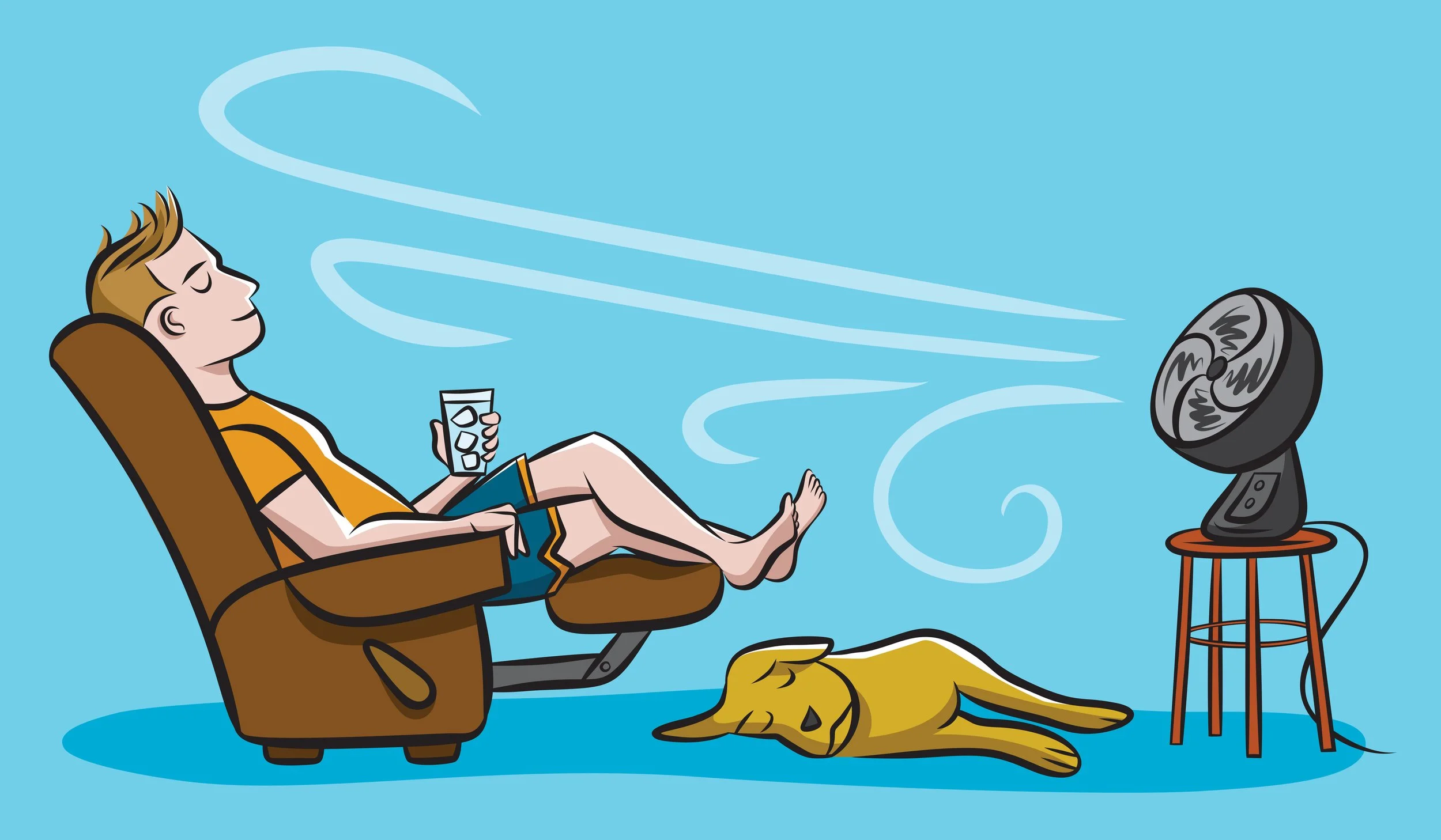If you are wondering how one can live a much more sustainable lifestyle and be as resourceful as possible... Check out what Denver is doing...
Sourced from NPR’s Morning Edition | May 21, 20215:00 AM ET | Sam Brasch
Prefer to listen? Here’s a 3 minute audio ciip:
Denver is now paving the way by constructing the largest sewer recovery project in North America. Over the next few years, it will be estimated that $1 billion will be invested towards turning a 250-acre site into a home for arts, education and agriculture -- heated and cooled with energy from the sewer pipes below using sewage water.
This will be a great way to save energy costs and avoid greenhouse gas emissions. It is estimated that it will reduce a significant amount of carbon, equivalent of driving an average gas powered car around the equator 250 times.
“At the National Western Center, construction crews have already completed a pit exposing the main sewer line. The wastewater inside stays a mild 55 to 75 degrees year-round, local officials say, no matter the weather outside. That consistent temperature can be tapped to heat and cool aboveground buildings.
The key is a massive heat pump, which will be housed in a central plant on the campus. The device works like a reversible air conditioning unit. In the winter, it will transfer energy from the sewage into a clean-water loop connecting the buildings, adding heat to indoor spaces. The process can then be flipped to keep things cool in the summer.
And to answer an obvious question: No, the raw effluent is never exposed to the air, so people occupying the buildings won’t get hit with waves of sewer stink.”
The National Western Center negotiated rights "in perpetuity" to the thermal energy from sewers under its construction site. It expects to save energy costs and avoid climate-warming emissions. Credit | Hart Van Denburg/CPR News
“The technology opens up a vast world of ‘renewable heat mining.’
”With the advent of large-scale heat pumps, we can cost-effectively use, say, 70-degree wastewater to heat our buildings and our hot-water systems.”
If sewer energy catches on, the benefits could be huge for waste water districts, as wastewater is its own environmental problem in itself.











